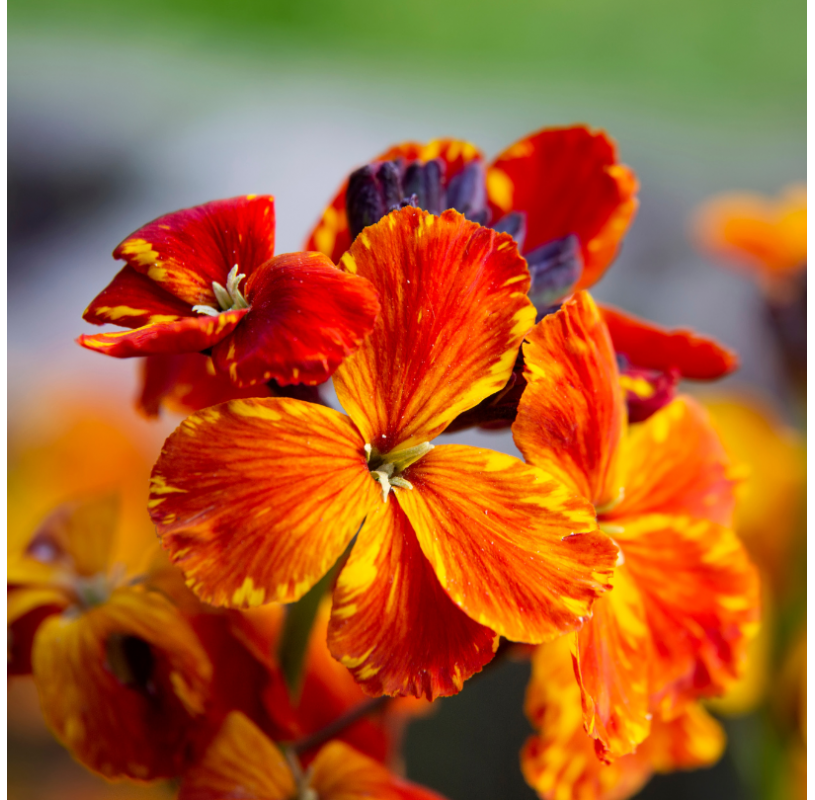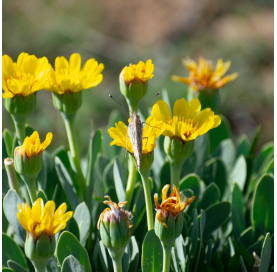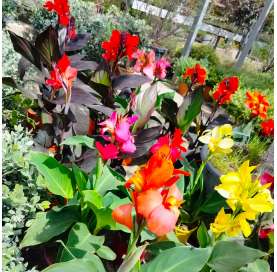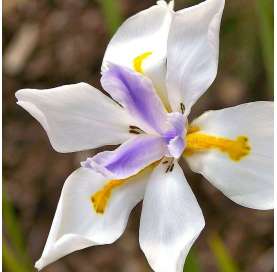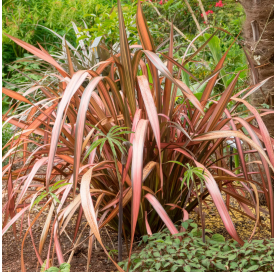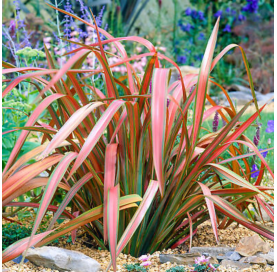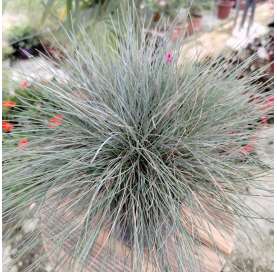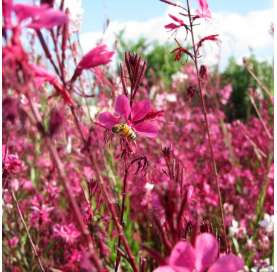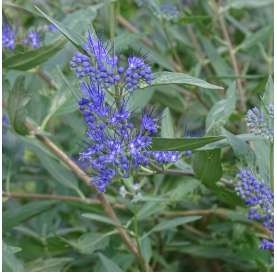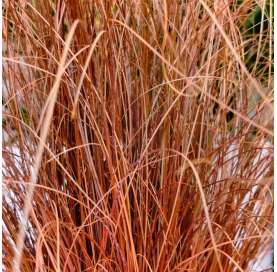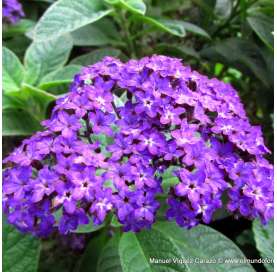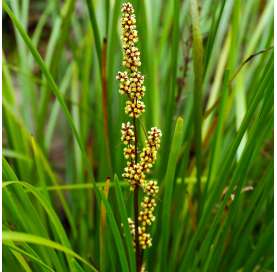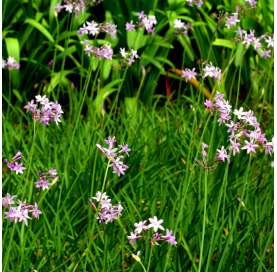CHEIRANTHUS - Wallflower
The wallflower (Cheiranthus) is a Mediterranean plant admired for its vibrant and fragrant flowers, perfect for sunny gardens. It requires minimal care, including moderate watering, occasional pruning, and fertilization. Its history and scent make it a popular choice for outdoor spaces.
 Encrypted payments for greater security
Encrypted payments for greater security
To reduce the plant's time in transit, shipments are made from Monday to Wednesday.


Shipping only to mainland Spain and mainland Portugal
Description
The Cheiranthus genus, commonly known as wallflower, belongs to the Brassicaceae family. These plants are prized for their vibrant flowers, which range in color from yellow and orange to purple. They are herbaceous or small shrubs with elongated, narrow leaves and fragrant flower clusters that attract pollinators such as bees and butterflies.
Origin
Wallflowers are native to Mediterranean regions, parts of Central Europe, and Asia. They naturally grow in rocky soils and open areas, adapting well to temperate climates.
History
Wallflowers have been cultivated for centuries for their beauty and fragrance. In ancient Greece and Rome, they symbolized joy and prosperity. During the Middle Ages, they were featured in monastic gardens, and their popularity grew in European ornamental gardens during the Renaissance. The name comes from the Greek "cheir" (hand) and "anthos" (flower), referencing their use in small handheld bouquets.
Care
They thrive in sunny or partially shaded locations with good drainage. The soil should be light, well-draining, and rich in organic matter, with a neutral to slightly alkaline pH. They tolerate cool temperatures but are not frost-resistant. Applying a balanced fertilizer every two weeks during the blooming season enhances their growth.
Fun Fact
Wallflowers emit a fragrance that intensifies in the evening, a natural strategy to attract nocturnal pollinators, such as certain moth species.
Watering
They require moderate watering, avoiding waterlogging but preventing the soil from becoming too dry. In summer, water them more frequently to keep the soil slightly moist. During winter, reduce watering, especially if the plant is dormant.
Pruning
Remove faded flowers regularly to extend the blooming period. At the end of the season, lightly trim the branches to maintain shape and vigor. For perennial varieties, a more intense pruning in early spring encourages healthy new growth.
Data sheet
- Name
- CHEIRANTHUS - Wallflower
- Origen
- native to Mediterranean regions, parts of Central Europe, and Asia.
- Height
- 30-90cms
- Colour
- Flowers in a variety of shades, including yellow, orange, purple, pink, and white.
- Flowering
- Spring and early summer, although it may extend into autumn in temperate climates.
- Location
- Thrives in sunny or partially shaded spots.
- Irrigation
- Moderate.
- Applications
- Ornamental gardens for its visual appeal and fragrance. Attracts pollinators such as bees and butterflies. Popular for bouquets and floral arrangements due to its delicate scent.
- Note
- Resistant to cool climates but sensitive to severe frost. Deadheading prolongs flowering. While it is a perennial in mild climates, it is often grown as an annual. Sensitive to compacted or overly wet soils.
12 other products in the same category:
-
HERTIA C13€3.60
-
Canna indica€8.50
-
Dietes iridioides€8.50
-
Phornium pink flamingo€0.00
-
Phornium jester€33.00
-
Gaura lindheimeri. Pink€3.40
-
Caryopteris clandonensis€6.50
-
Carex comans " Bronze"€3.95
-
Heliotropo.€2.90
-
Lomandra longifolia.€12.50
-
Tulbaghia violacea€3.80

 English
English Spanish
Spanish